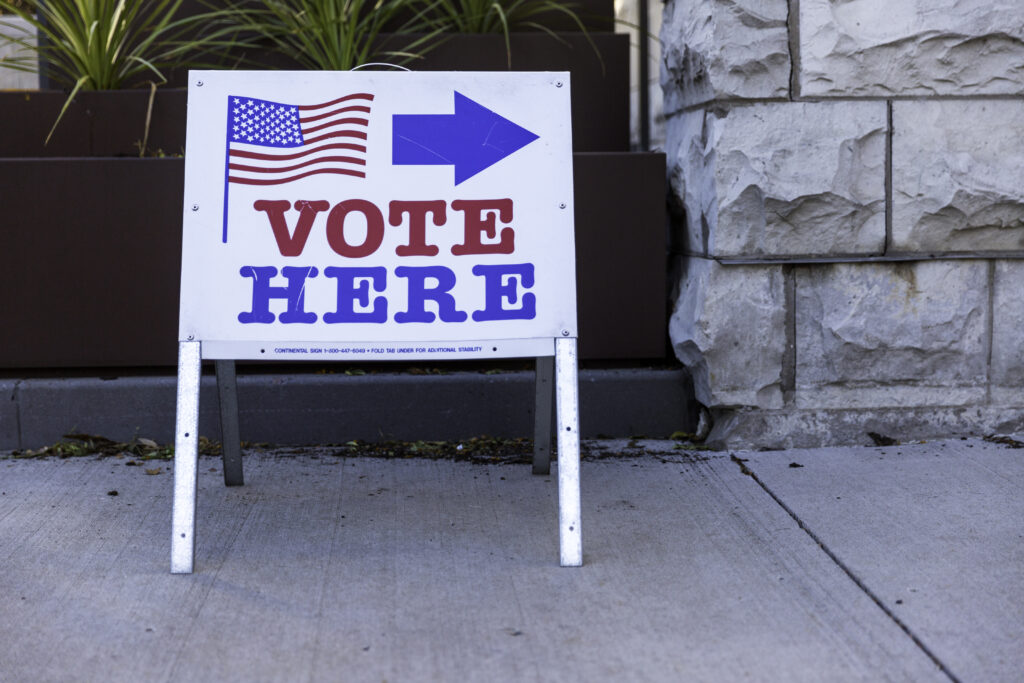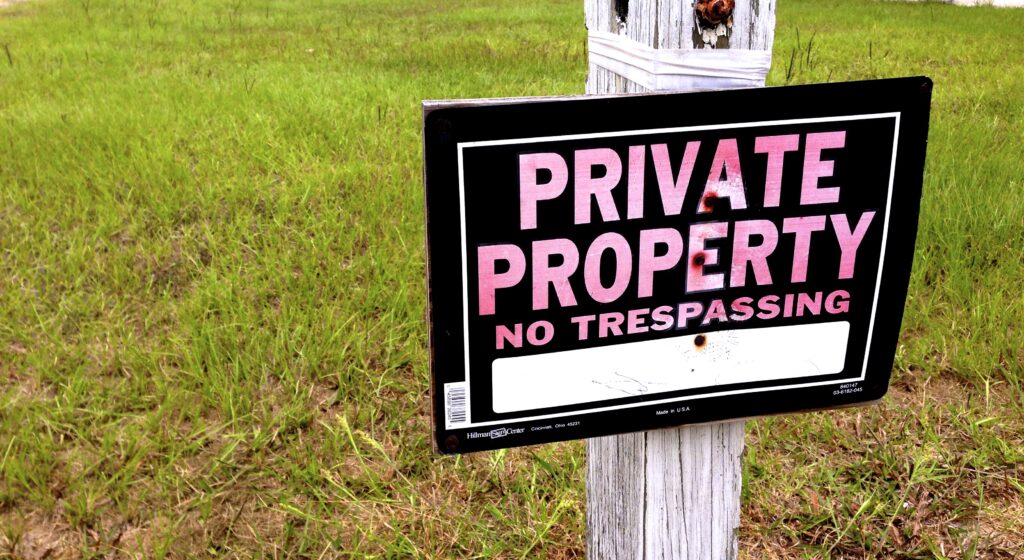In a landmark decision, the U.S. Supreme Court ruled governments may not deduct union dues from the paychecks of public sector employees without their consent.
In Janus v. American Federation of State, County, and Municipal Employees, the Court affirmed the right of individual government employees to decide whether to accept membership in labor unions and contribute money to them. The suit was brought by Illinois Department of Healthcare and Family Services Child Support Specialist Mark Janus.
The June 27 decision reverses a 40-year-old Supreme Court ruling, Abood v. Detroit Board of Education, which had denied government employees the right to opt out of union membership if employed in an office where workers are unionized.
Larry Sand, president of the California Teachers Empowerment Network, says the Court’s Janus decision increases government employees’ freedom.
“This is a victory for all public employees,” Sand said. “As a former teacher, it’s important for me to see teachers free from forced unionism. People should have the freedom to choose.”
Predicts Unions’ Survival
Jeffrey Schwab, a senior attorney with the Liberty Justice Center, says the Janus decision does not portend the end of public-sector unions, despite what some critics have claimed.
“From the union’s perspective, I think the results will be a lot less severe than what you’re hearing,” Schwab said. “Certainly, in terms of collective bargaining, it’s not going to be the end of public-sector unions. It may result in them having a little less money, but that’s to be expected when you’re forcing people who don’t want to pay you to pay you.”
Leveling the Playing Ground
Sand says compelling individuals to pay dues to an organization they don’t want to join is illogical.
“Why, if I want to be a teacher, should I be expected to fork over a thousand dollars a year to an entity that I want nothing to do with?” Sand said. “The unions say, ‘Well, we advocate.’ If I’m a gun owner, the NRA doesn’t demand I join them because they advocate for gun owners. When I bought my last car, AAA didn’t say, ‘Well, we advocate for you, so we’re going to take out a certain amount of money from your bank account each month.’ Why should it be any different for a teachers union?”
Predicts Better Union Service
With government employees no longer compelled to join a union, labor organizations will have to serve due-payers better, Sand says.
“If you don’t want to belong to a union or contribute money to a union, you shouldn’t have to do that,” Sand said. “Basically, they’re going to have to woo their customers, just like any other business does. They didn’t have to do that before, because they had a forced membership.
“In the short run, I think it will reduce the size of unions, but there’s no reason to think that in the long run the unions can’t convince people that they provide valuable services and have people continue to pay them that want to,” Schwab said. “Maybe the beneficial result of that is that unions will act more in the interests of their members because their members have the choice to join or not, and so only people who agree with the unions’ mission and goals will join, so maybe the members will have a little bit more of a voice.”




